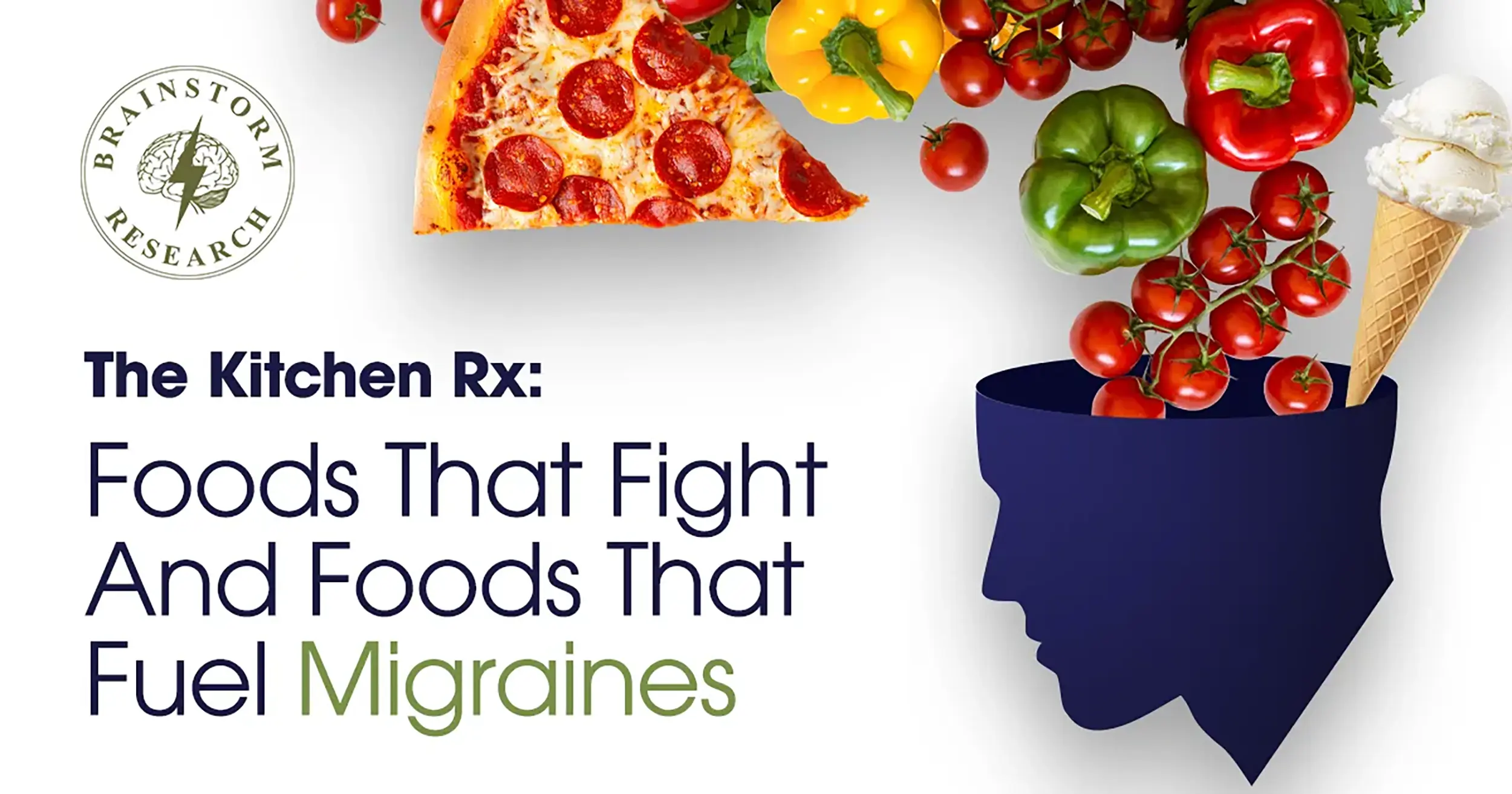Migraines are more than just a bad headache; they’re a complex neurological condition. While triggers vary from person to person, what you eat can play a significant role. This blog post will explore foods that may help prevent migraines and those that could make them worse, helping you create a “kitchen Rx” for a clearer head.
The Culprits: Foods That Can Trigger a Migraine
Certain foods and beverages are common migraine triggers. It’s important to remember that not all of these will affect everyone, so keeping a food diary can help you identify your personal culprits.
- Aged Cheeses: Tyramine, a naturally occurring compound in aged and fermented foods, is a well-known migraine trigger. Think cheddar, feta, and blue cheese.
- Processed Meats: Hot dogs, bacon, and lunch meats often contain nitrates, which can cause blood vessels to dilate and may lead to a migraine.
- Chocolate: The jury’s still out on this one, but some studies suggest phenylethylamine in chocolate may be a trigger for some people.
- Alcohol: Especially red wine and beer, which contain tyramine, sulfites, and histamine. These compounds can affect blood flow and cause inflammation.
- Caffeine: Both too much and too little can be a problem. Sudden withdrawal from caffeine can trigger a migraine, while excessive intake can lead to a rebound headache.
- Food Additives: Artificial sweeteners, such as aspartame, are frequently cited as a potential trigger. It is often found in processed and pre-packaged foods.
The Defenders: Foods That May Help Prevent Migraines
On the other hand, some foods are rich in nutrients that can help reduce the frequency and severity of migraines.
- Magnesium-Rich Foods: Magnesium is known to relax blood vessels and is often recommended for migraine prevention. Incorporate foods like dark, leafy greens (such as spinach and kale), nuts (like almonds and cashews), seeds (like pumpkin and chia), and whole grains into your diet.
- Riboflavin (Vitamin B2): This vitamin is crucial for cellular energy production and may help prevent migraines. You can find it in mushrooms, almonds, and quinoa.
- Omega-3 Fatty Acids: Found in fatty fish such as salmon, mackerel, and sardines, these healthy fats have anti-inflammatory properties that can help reduce migraine-related inflammation.
- Hydrating Foods: Dehydration is a common migraine trigger. Water-rich foods like cucumbers, celery, and watermelon can help you stay hydrated.
- Ginger: Known for its anti-inflammatory properties, ginger can help relieve nausea and pain associated with migraines. Try adding fresh ginger to your tea or food.
The Path Forward The path to understanding migraines and other complex neurological conditions continues to evolve, with clinical research constantly exploring new avenues for treatment and prevention. Learn about research studies for neurological conditions enrolling near you!


